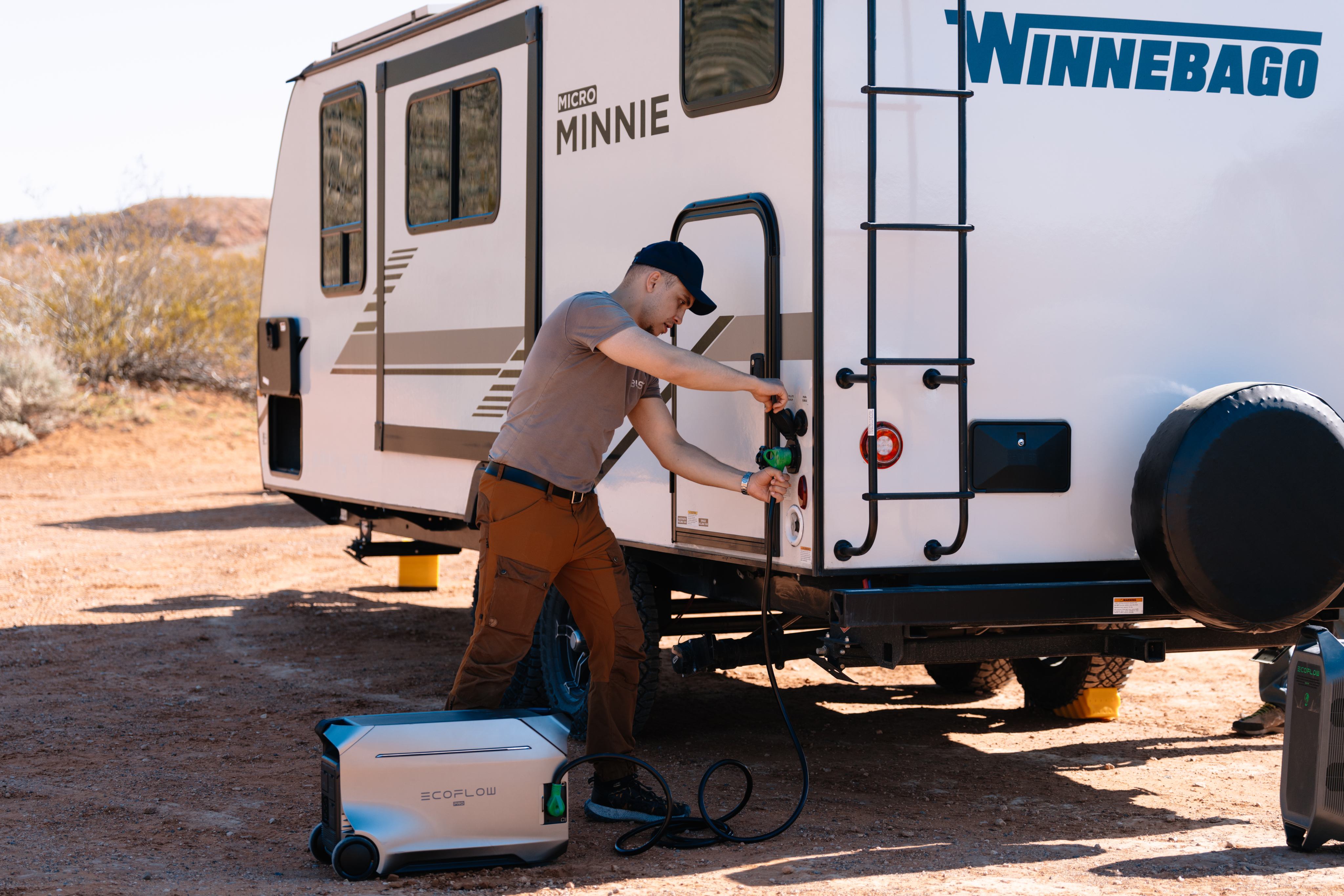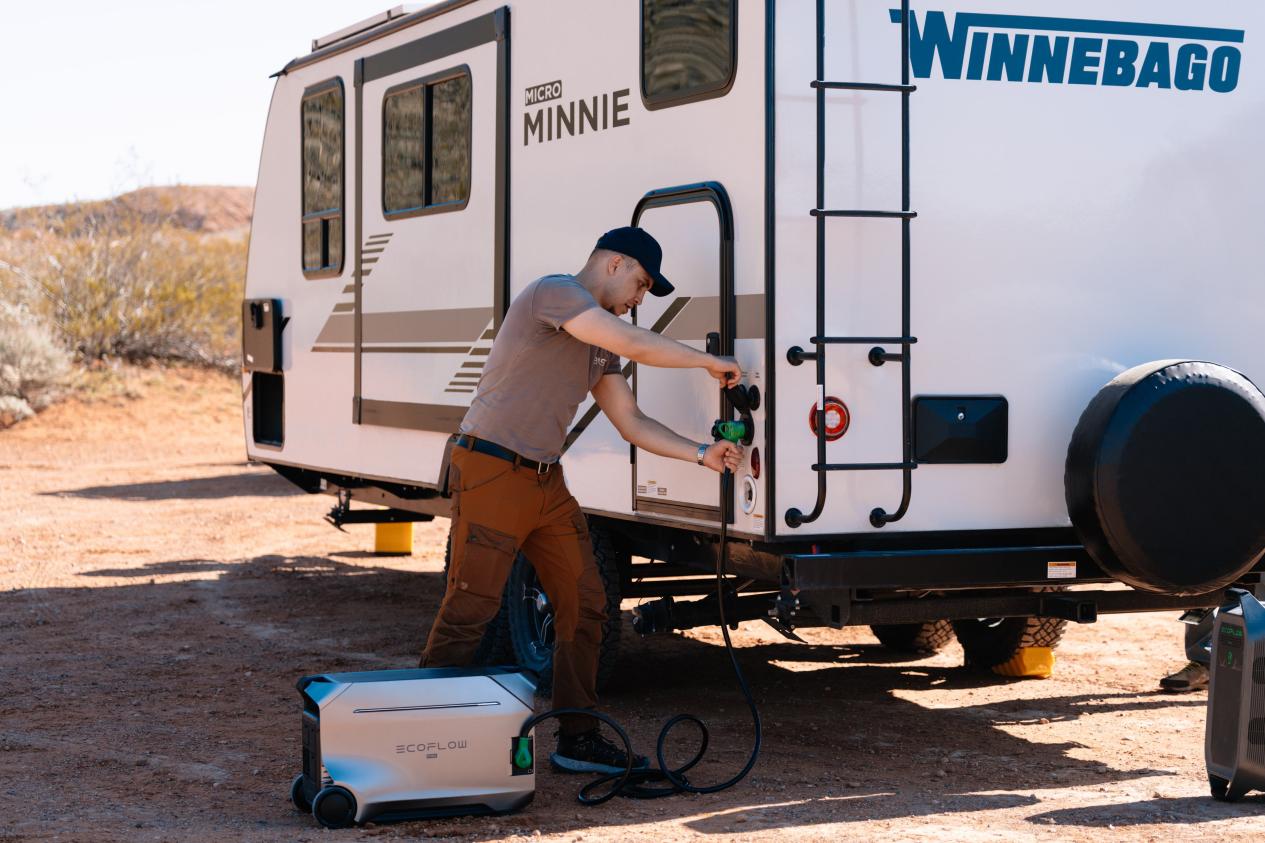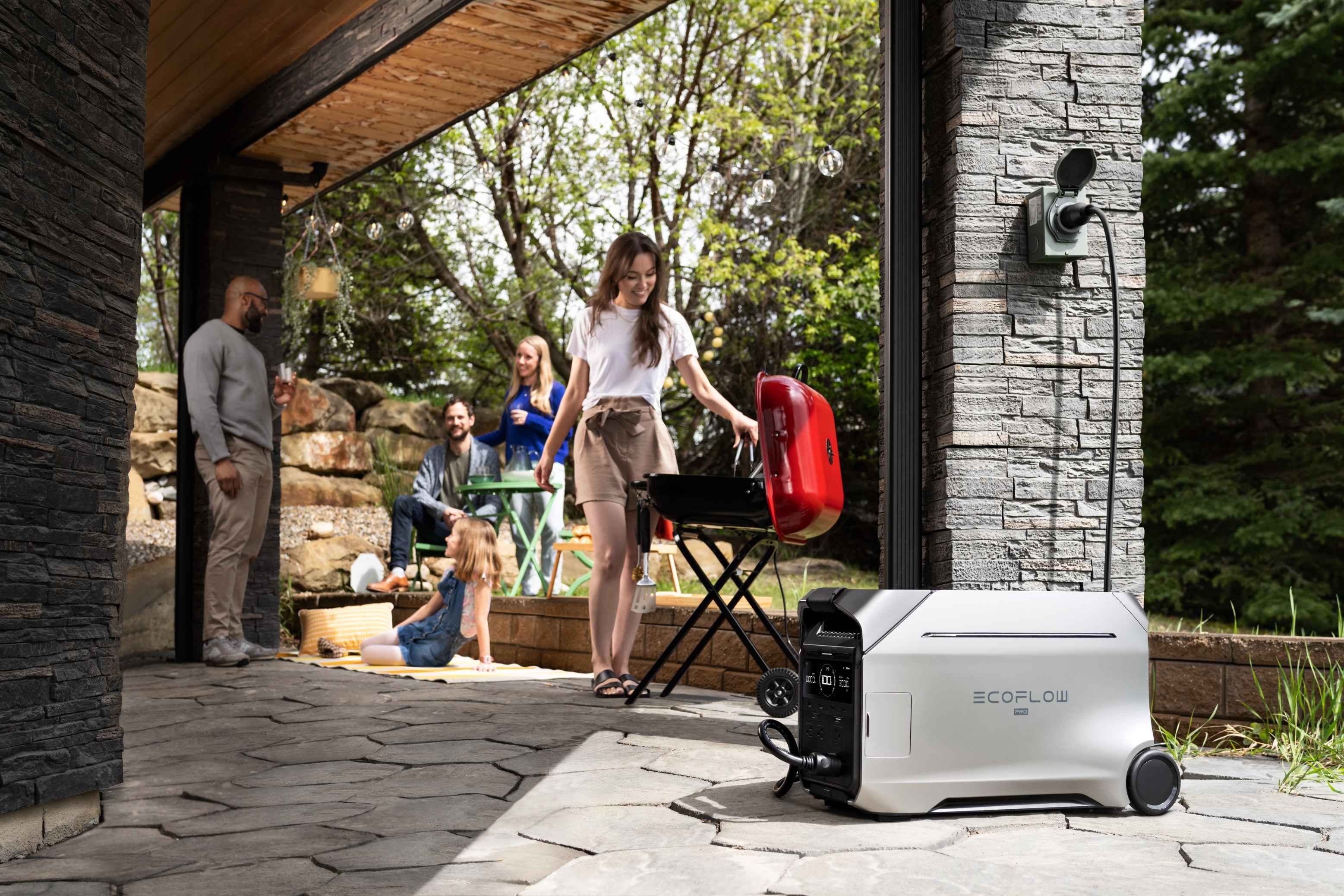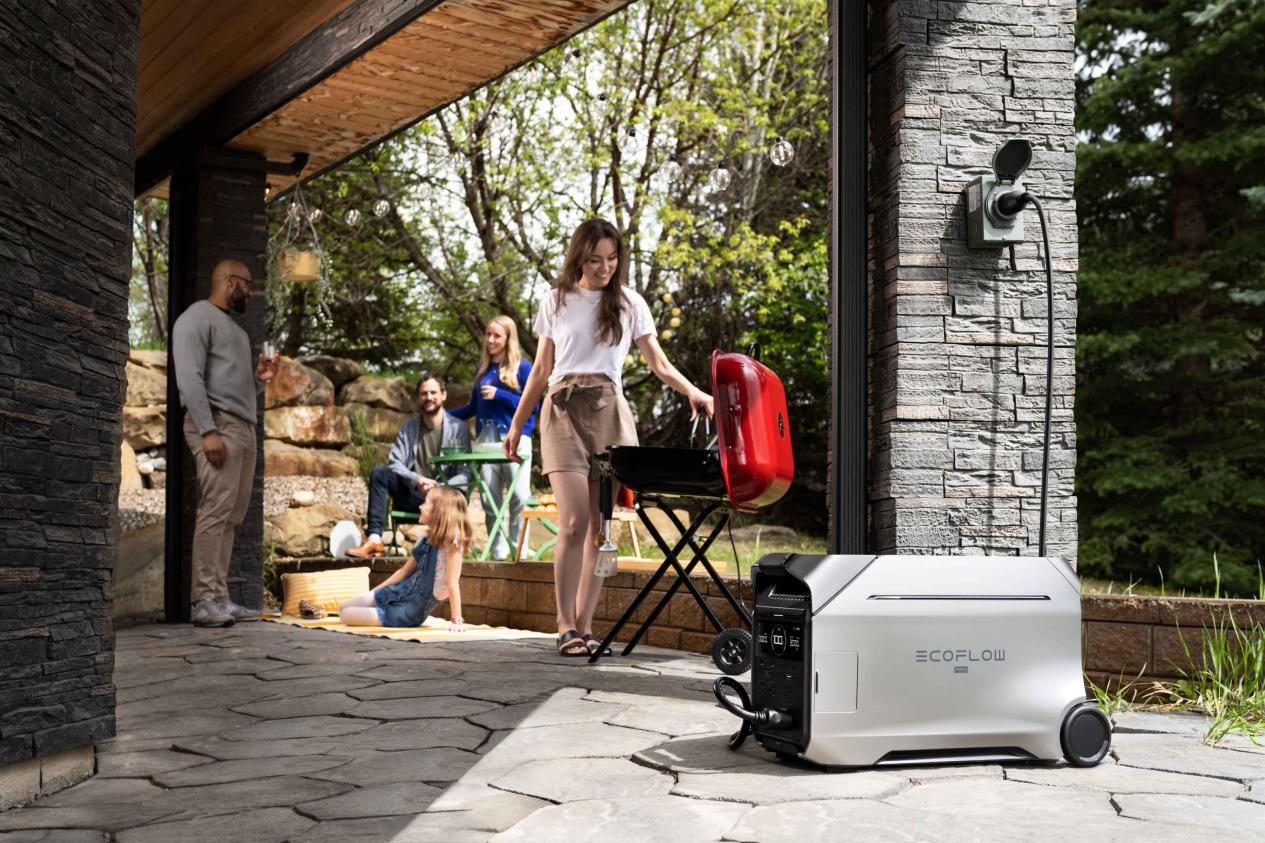- Best RV Parks by Location
- When Should You Visit Florida Keys RV Parks and How Much Will It Cost?
- What Amenities Should You Look for in Florida Keys RV Parks?
- How to Plan Your Florida Keys RV Park Stay
- Activities & Attractions Near Florida Keys RV Parks
- Practical Tips & Recommendations
- Plan Your Perfect Florida Keys RV Adventure Today
Ultimate Guide to Florida Keys RV Parks: Top Destinations, Costs & Tips for 2025
- Best RV Parks by Location
- When Should You Visit Florida Keys RV Parks and How Much Will It Cost?
- What Amenities Should You Look for in Florida Keys RV Parks?
- How to Plan Your Florida Keys RV Park Stay
- Activities & Attractions Near Florida Keys RV Parks
- Practical Tips & Recommendations
- Plan Your Perfect Florida Keys RV Adventure Today
The Florida Keys are a perfect spot for RV camping, with amazing blue waters, palm trees, and sunsets that you'll never forget. This 125-mile string of islands draws millions of visitors each year, and many people now bring their RVs to enjoy the freedom of having their own space while traveling. You'll find all kinds of RV parks here - from fancy resorts right on the ocean to more budget-friendly state parks tucked among trees and beaches. To have a great time in the Keys, you need to know which parks are best, when to make reservations, what facilities to look for, and how prices change with the seasons. Your choice of RV park can make or break your Florida Keys vacation, whether you're escaping winter cold or taking a summer family trip.
Best RV Parks by Location
Upper Keys (Key Largo Area)
John Pennekamp Coral Reef State Park has 47 RV sites in the shade of tropical leaves and trees. Water and electric hookups (no sewer) are supplied by the park, and sites run about $43 per night. The park is unique in having an underwater park that allows you to snorkel, take a glass-bottom boat tour, or kayak along mangrove tunnels. RVs up to 45 feet can be accommodated, but reserve 11 months in advance, especially for winter.
Calusa Campground Resort is right on the ocean with 300 full-hookup RV sites. You'll enjoy a heated swimming pool, private beach, and tiki huts perfectly suited for watching the sunrise over the Atlantic. Prices range from $109-189 per night by location and season, with the waterfront being the most expensive. Snowbirds live monthly during winter.
Key Largo Kampground & Marina is family-run since 1975, with 40 full-hookup sites on 40 acres. You can choose sites with bay or canal views and use their private beach and boat ramp. The campground has boat rentals, fishing trips, and a store for supplies. RVs up to 40 feet are accommodated in sites, which cost $85-145 per night, with discounts for longer stays.
Middle Keys (Marathon Area)
Grassy Key RV Park & Resort is a small park with 38 oceanfront sites, all having full hookups. Each site has its own tiki hut and picnic table. The park has a heated pool, beach, and fishing pier. Sites are $120-195 per night, depending on the season, with a 3-night minimum stay.
Curry Hammock State Park is perfect for nature lovers, with 28 RV sites within a natural setting. Hookups are limited (water and electricity only, with a central dump station), but the serene beaches and wildlife make up for it. Perfect for kayaking and stargazing. Sites are $43 a night, but reserve up to one year in advance.
Jolly Roger RV Resort is located in the heart of Marathon, with 160 full-hookup spaces, including upgraded waterfront spaces. A heated pool, clubhouse, boat ramp, and fish cleaning area are amenities. Restaurants, sights, and the Seven Mile Bridge are nearby. Sites are $95-175 a night, with off-season monthly specials.
Lower Keys (Key West Area)
Boyd's Key West Campground has been family-owned since 1963 and offers 250 sites just minutes from downtown Key West. Many sites are waterfront with full hookups. Amenities include a marina, private beach, heated pool, and shuttle to downtown. Prices range from $110-220 per night, with higher rates during special events.
Bluewater Key RV Resort is the luxury option, with 81 privately-owned rental lots that have custom features. Most sites include a tiki hut, nice landscaping, and many have private docks. The resort has a heated pool and clubhouse. Sites cost $130-300 per night depending on location and features, with a 28-day maximum stay.
Geiger Key Marina offers 36 waterfront sites on Stock Island, just 10 miles from Key West. This laid-back spot has the popular Fish Camp restaurant on-site. You'll get full hookups, and can rent boats or book fishing trips. Sites run $100-165 per night, with weekly rates available.
When Should You Visit Florida Keys RV Parks and How Much Will It Cost?
After exploring the best RV parks in different parts of the Keys, you'll need to figure out timing and budget for your trip. The time of year you visit makes a huge difference in what you'll pay - winter visitors often shell out twice as much as summer travelers for the exact same sites.
Peak vs. Off-Season Rates
The busiest and most expensive time in the Florida Keys is December through April, when northern visitors escape cold weather. Rates during these months can be 30-50% higher than summer prices. A second busy period happens in June through August during family vacation season. The cheapest months are September through November, though this coincides with hurricane season.
Average Costs in 2025
Daily rates for RV sites in the Keys range widely:
- State parks: $43-60 per night
- Basic private parks: $85-120 per night
- Premium parks: $120-200 per night
- Luxury waterfront sites: $200-300 per night
Monthly stays offer significant savings, typically 30-50% off the nightly rate. For example, a site that costs $150 per night might go for $2,500-3,000 per month.
Hidden Costs to Watch For
Beyond the base rate, budget for:
- Resort fees ($5-15 daily at some parks)
- Electric surcharges for heavy AC use
- Pet fees ($5-10 daily at some locations)
- Dump station fees at parks without sewer hookups
- Boat or extra vehicle parking fees ($5-20 daily)
- Wi-Fi upgrade charges at some resorts
Money-Saving Strategies
Save money by:
- Booking weekly stays (save 10-15%) or monthly stays (save 30-50%)
- Traveling during May or November (shoulder seasons)
- Mixing state parks with private resorts
- Using discount clubs like Good Sam or Passport America
- Staying at parks farther from Key West
- Bringing supplies from the mainland (groceries are expensive in the Keys)
Best Times to Book
For winter stays (December-April), book 6-12 months in advance. Summer visits require 3-6 months advance booking. State parks open reservations exactly 11 months ahead and fill within minutes for popular dates. Last-minute bookings are rarely successful during peak season but might work during September-October.
What Amenities Should You Look for in Florida Keys RV Parks?
When choosing between the many RV parks in the Keys, the amenities provided can either make or ruin your vacation experience. Location is significant, but the proper hookups, location near water sports, and suitable facilities for your needs will determine how comfortable and enjoyable your vacation will be.


Full Hookup Basics
Full hookups are the norm in most private RV parks, although specifics differ from place to place. Water is provided at all parks, though pressure is often intermittent, especially at times of heavy use. Electric is typically 30-amp standard, with 50-amp available at newer parks, but often at higher expense. Sewer connections are direct at private parks, while state parks typically have a central dump station instead of in-site connections. Cable TV connections are offered at approximately 60% of private parks. Surfaces at locations vary from basic gravel at older parks to high-quality concrete pads at upscale resorts.
Internet and Cell Coverage
Wi-Fi quality ranges widely throughout the Keys, with free service being ubiquitous but usually slow and undependable, especially at times of peak use. Several of the larger resorts now provide enhanced Wi-Fi packages for $5-10 a day that have faster speeds and dependability. Cell phone coverage is usually excellent in the vicinity of towns and along the Overseas Highway but is patchy in more remote locations. Numerous frequent Keys RVers have begun using Starlink satellite internet to have reliable connectivity no matter where they are.
Waterfront Options
Waterfront homes in the Keys vary in type, each with its own experience. Oceanfront homes on the Atlantic side tend to be more expensive and offer terrific views but are quite windy. Properties facing the Gulf of Mexico are bayside, offer beautiful sunsets, and tend to have calmer waters. Canal homes are best for boaters as they often include docks that allow easy access to the water. No matter what type they are, be prepared to pay 30-50% extra for waterfront locations versus standard interior locations.
Pet Policies
All but a few RV parks in the Florida Keys are pet-friendly but with varying restrictions. Most restrict visitors to two pets per site and include breed restrictions that you need to review before reserving. Leash policies are uniform, typically limiting leashes to six feet or less. The larger resorts typically have separate pet accommodations and dog parks where pets can run around. A few higher-end parks charge pet fees of $5-10 per day, while others include pets in the base rate.
Recreation and Activities
Recreational facilities differ widely among parks, with swimming pools being the most common amenity, typically heated in winter. Private beaches are rare but highly valued amenities in the Keys. Boating facilities such as ramps, docks, and fish cleaning stations are highly valued for those who travel with boats. Kayak or paddleboard rentals or storage space for your own equipment are widespread in most parks. Larger resorts generally include common social spaces and coordinate events such as potlucks, game nights, and outings that support the social experience.
Safety and Security
Security amenities should be taken into account when selecting an RV park in this in-demand tourist area. High-end parks tend to offer gated entry with codes or key cards, whereas larger resorts have 24-hour on-site staff or security guards. Because the Keys are vulnerable to severe weather, it is advisable to check the park's hurricane evacuation policies, especially when visiting during hurricane season. Good-quality parks have sufficient lighting in public areas and emergency weather alert systems to remind visitors of impending storms.
How to Plan Your Florida Keys RV Park Stay
Planning ahead is key for a successful RV trip to the Florida Keys. With limited spots and high demand, knowing how to book, what rules to expect, and what paperwork you'll need will make your vacation much smoother.
- Reservation Strategies: Book 6-12 months ahead, especially for winter visits. State parks open reservations exactly 11 months in advance with prime spots filling within minutes. Book directly with private parks for better rates and join waitlists if your dates are flexible.
- Length-of-Stay Requirements: Winter season (December-April) typically requires 3-7 night minimums, with longer stays offering 30-50% discounts. State parks limit stays to 14 days, while private parks may allow up to 6 months.
- Documentation and Check-In: Bring your driver's license, RV registration, insurance proof, and pet vaccination records. Some upscale resorts inspect RVs and may reject older models. Standard check-in is 1-4 PM; call ahead for late arrivals.
- Cancellation Policies: Policies vary by park and season, with busy periods requiring non-refundable deposits (one night to 50% of booking). Cancellations typically need 7-30 days' notice to avoid penalties. Consider travel insurance for large deposits and weather risks.
- Insurance Considerations: Add coverage for hurricane evacuation costs and flood protection for waterfront sites. Verify liability coverage for water activities and consider specialized RV policies for towing and trip interruptions.


Activities & Attractions Near Florida Keys RV Parks
Water Sports
All RV resorts share direct access to the best water activities. There are numerous snorkeling and diving locations within John Pennekamp Coral Reef State Park, which contains the only existing coral reef in the continental US. Kayaking along peaceful mangrove tunnels is easily accessible from parks near Big Pine Key. Rental paddleboards and jet skis on-site or special marina packages with adjacent marinas are provided by most resorts.
Fishing Spots
The Keys are a fisherman's dream, with simple access from most parks. Most RV resorts boast their own fishing docks where you can catch snapper and grouper without leaving the shore. Charter boats are within reach near big parks for offshore trips for mahi-mahi and marlin. The Seven Mile Bridge and park areas nearby provide excellent shore fishing. Don't forget to purchase your Florida fishing license before you hook a line—online or at local tackle shops.
Historical Sites
Keys RV parks are filled with history. The Hemingway Home in Key West preserves the author's house and iconic six-toed cats. Islamorada's History of Diving Museum includes antique gear that is only minutes from the most visited RV resorts. Bahia Honda State Park provides camping along with an entrance to historic railroad bridge remnants. Senior discounts on most sites are accessible and can be reached by the easy Keys shuttle services.
Nature Trails
Wildlife viewing is within easy reach of most parks. The National Key Deer Refuge trails near Big Pine Key RV parks offer virtually assured views of the small deer species. Crane Point Hammock in Marathon offers nature trails through native vegetation with interpretive signs. The majority of RV parks feature their own nature trails with bird-watching platforms, which are particularly helpful during migration seasons.
Local Restaurants
Current catches fill plates within walking distance of most parks. Waterfront eateries like Islamorada's Lorelei and Stock Island's Hogfish Bar serve up fresh daily catches with great views. For more affordable options, look for "local nights" at restaurants near RV parks, typically offering mid-week lower-meal prices. Food trucks often appear at big RV resorts, serving everything from Cuban sandwiches to key lime treats within the camps.
Entertainment Options
Evening recreation is plentiful in the area surrounding Keys RV parks. Sunset-hour live music is a frequent occurrence at many waterfront establishments. Key West's famous Duval Street nightlife is accessible through shuttle services from several Upper Keys parks. Outdoor evening movie showings are standard attractions of larger RV resorts. Theater productions at the Marathon Community Theater and Key West's Waterfront Playhouse offer cultural experiences within driving distance of popular campsites.
Practical Tips & Recommendations
Best Times to Visit
Shoulder season (April-May and October-November) is the best time to visit Florida Keys RV parks when you'll enjoy good weather and fewer crowds. Winter (December-March) is the best weather, but with prior booking of 6-12 months since there's high demand. Summer is off-season rates but with higher humidity and occasional afternoon thunderstorms.
Weather Considerations
Hurricane season is technically June-November with peak danger in August-September. Weather guarantees are usually good at most RV parks during those months. Cold fronts occasionally strike in winter and introduce cool temperatures into the 60s, so layer up. UV rays are strong year-round, so sun protection is essential regardless of when you visit.
RV Size Restrictions
Most private parks accommodate rigs of 45 feet or less, and state parks typically have a maximum of 40 feet. Older parks in Key West and Marathon usually have more compact sites that are more appropriate for rigs shorter than 30 feet. Double-check your precise RV size when making reservations, as some waterfront sites have specifications.
Local Regulations
The Keys have strict environmental regulations, including no-discharge zones for black water tanks and idle-free zones in some locations. Noise ordinances start at 10 PM on some islands. Propane refills are stamped with certification marks and are in restricted areas in the Keys.
Emergency Preparedness
Power outages occur occasionally, making backup power essential. Many experienced RVers rely on EcoFlow Power Kits for their compact, modular design that's perfect for RV living. The plug-and-play systems provide safe backup in an outage and can be sized to fit any RV of any size. The Keys' narrow evacuation routes will be congested in emergencies, so monitor weather warnings closely and keep your EcoFlow system fully charged to supply communications and basic appliances in surprise events.
Plan Your Perfect Florida Keys RV Adventure Today
Planning an RV outing to the Florida Keys is a bit of advance planning, but it is well worth it. Book your spot ahead of time—especially for winter visits—and study up on stay conditions and cancellation procedures before you sign up. Pack all your valuable documents, add on special coast insurance, and take some time out to enjoy the fantastic activities in the vicinity, from snorkeling coral reefs to fishing off park docks. Look out for realities like weather, RV length limits at different parks, and emergency preparedness. With some foresight, you'll be slumped on your Keys waterfront spot, with a cold drink in hand, watching one of those legendary Keys sunsets sooner than you can say "Keys." Don't wait—the perfect spot at your favorite RV resort is waiting for you.